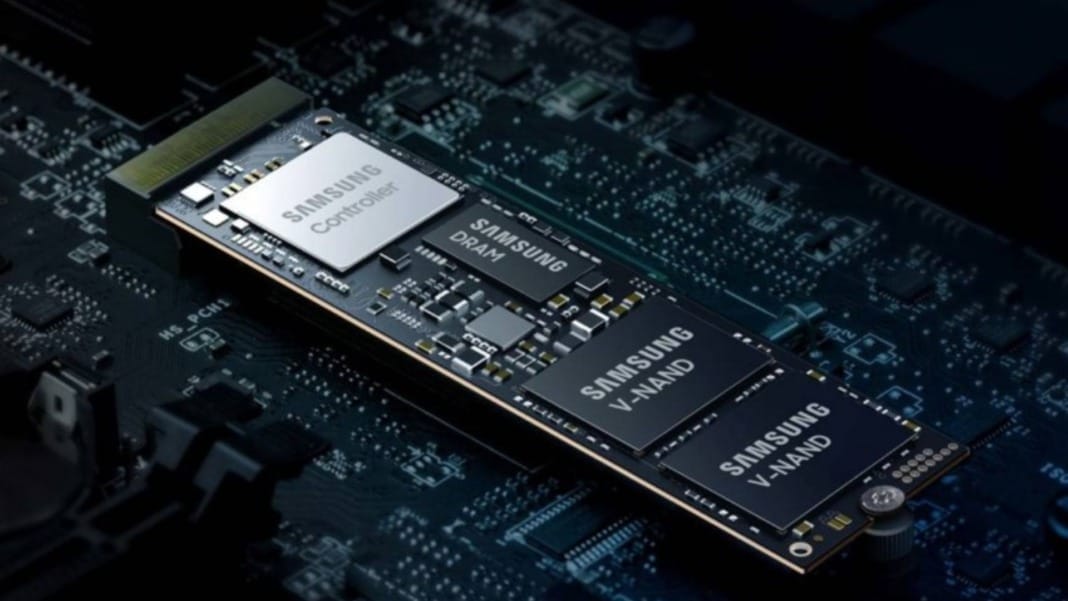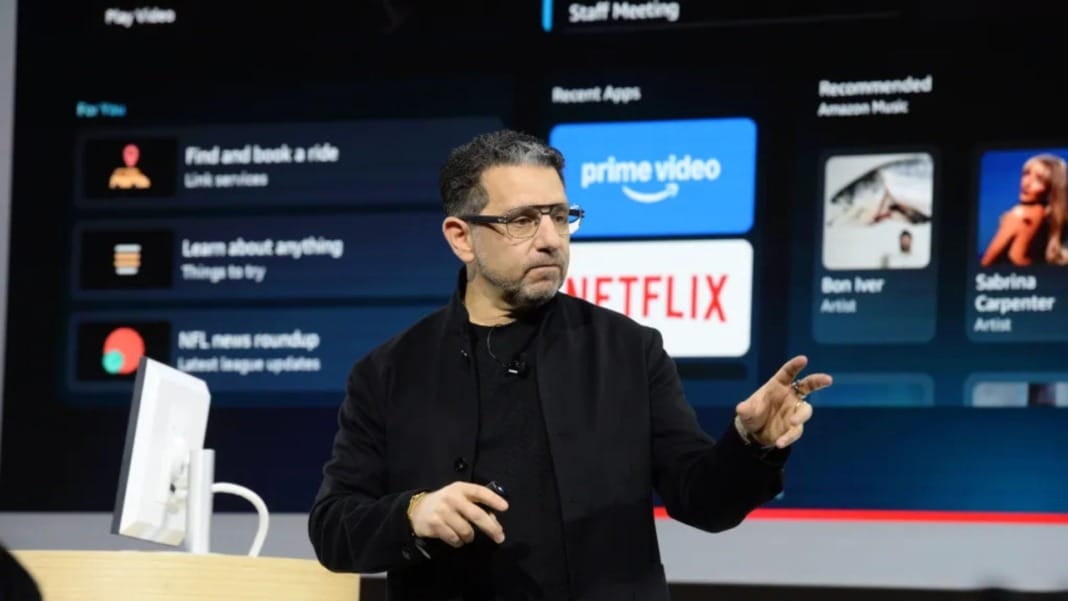Samsung is finally entering the PCIe Gen 5 SSD market with its 9100 Pro series launch in March. While brands like Seagate and Crucial introduced their Gen 5 SSDs nearly two years ago, Samsung has remained noticeably absent—until now. This marks Samsung’s first consumer-ready PCIe Gen 5 SSD, built with NVMe 2.0 technology.
At launch, the Samsung 9100 Pro will be available in 1TB, 2TB, and 4TB capacities, starting at US$199.99 for the 1TB version, US$299.99 for the 2TB, and US$549.99 for the 4TB model. These will come in an M.2 form factor, and you can choose between models with or without heatsinks. An 8TB version—the first of its kind from Samsung’s NVMe SSD lineup—is planned for release in the second half of 2025.
Faster speeds and future-proof performance
Samsung’s 9100 Pro promises a significant performance boost compared to its previous SSDs. It boasts maximum random read and write speeds of 2,200K and 2,600K input-output operations per second (IOPS), making it at least twice as fast as the last-generation Samsung 980 Pro, which ran on PCIe Gen 4 technology.
While early comparisons between the Samsung 980 Pro and competing PCIe Gen 5 SSDs like Seagate’s FireCuda 540 and Crucial’s T700 showed little difference in gaming performance, the 9100 Pro may offer more noticeable benefits for demanding computing tasks. For those looking to future-proof their systems, this SSD provides an upgrade that will last until PCIe Gen 6 becomes more common.
Ideal for high-volume data transfers
The Samsung 9100 Pro’s improvements will likely stand out if you frequently work with large files. Whether you are a videographer editing 4K and 8K footage or a software engineer handling massive datasets, the increased speeds could make a real difference.
Built on Samsung’s V-NAND TLC V8 technology and powered by a custom controller, the 9100 Pro can reach sequential read speeds of up to 14.8GBps and write speeds of up to 13.4GBps. That’s nearly double the speed of the 980 Pro and about 2–3GBps faster than the earliest PCIe 5 SSDs currently available.
With these impressive figures, the Samsung 9100 Pro aims to be a top choice for users who need ultra-fast storage for demanding workloads. As PCIe Gen 5 adoption grows, Samsung’s latest SSD provides a compelling option for those seeking cutting-edge speed and reliability.





